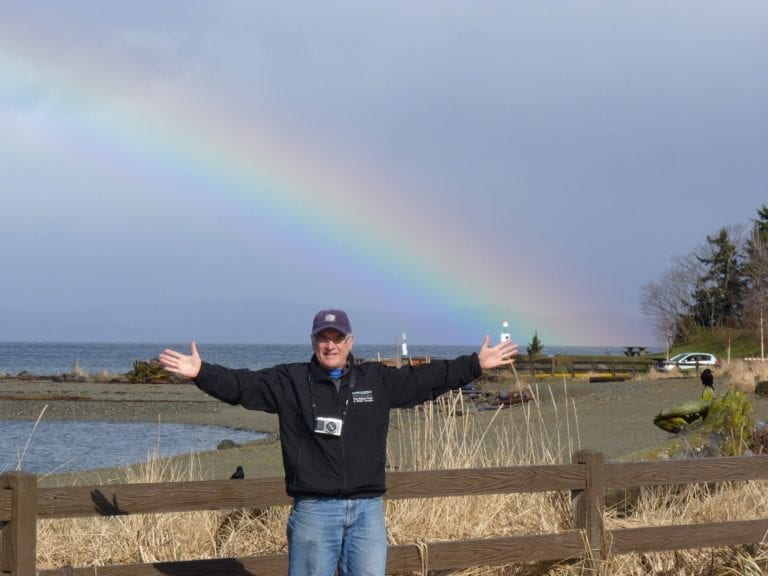Land management allows us to manage conservation lands in accordance with long-term management goals for each property, in order to maintain or restore ecological integrity. For example, access is an important consideration. Public access and recreation are allowed on Nature Trust properties when consistent with habitat management objectives for each property.
The Nature Trust of BC employs regional land managers in strategic locations in the province to address day-to-day and long-term management needs for individual properties. Offices are located in Nanaimo, Vancouver, Penticton and Cranbrook.
We also work with a wide variety of partners in managing our holdings, governments (federal, provincial, regional, and local), conservation agencies, naturalist and fish and game clubs, First Nations, and private individuals who have mutual conservation goals with The Nature Trust of BC.

